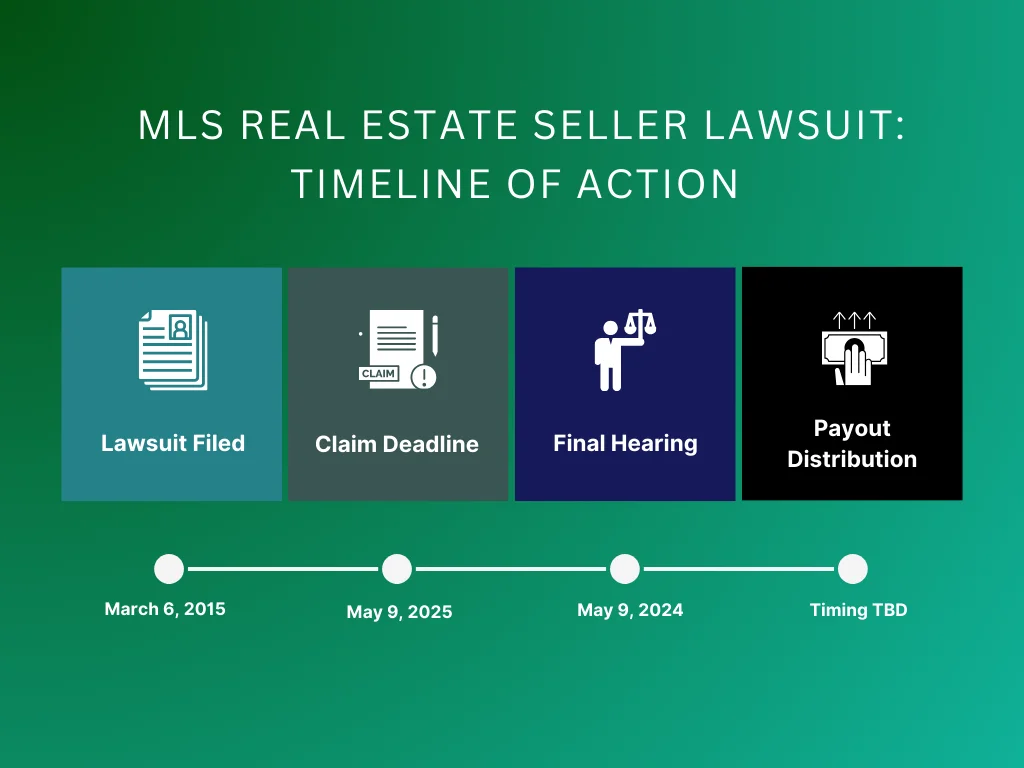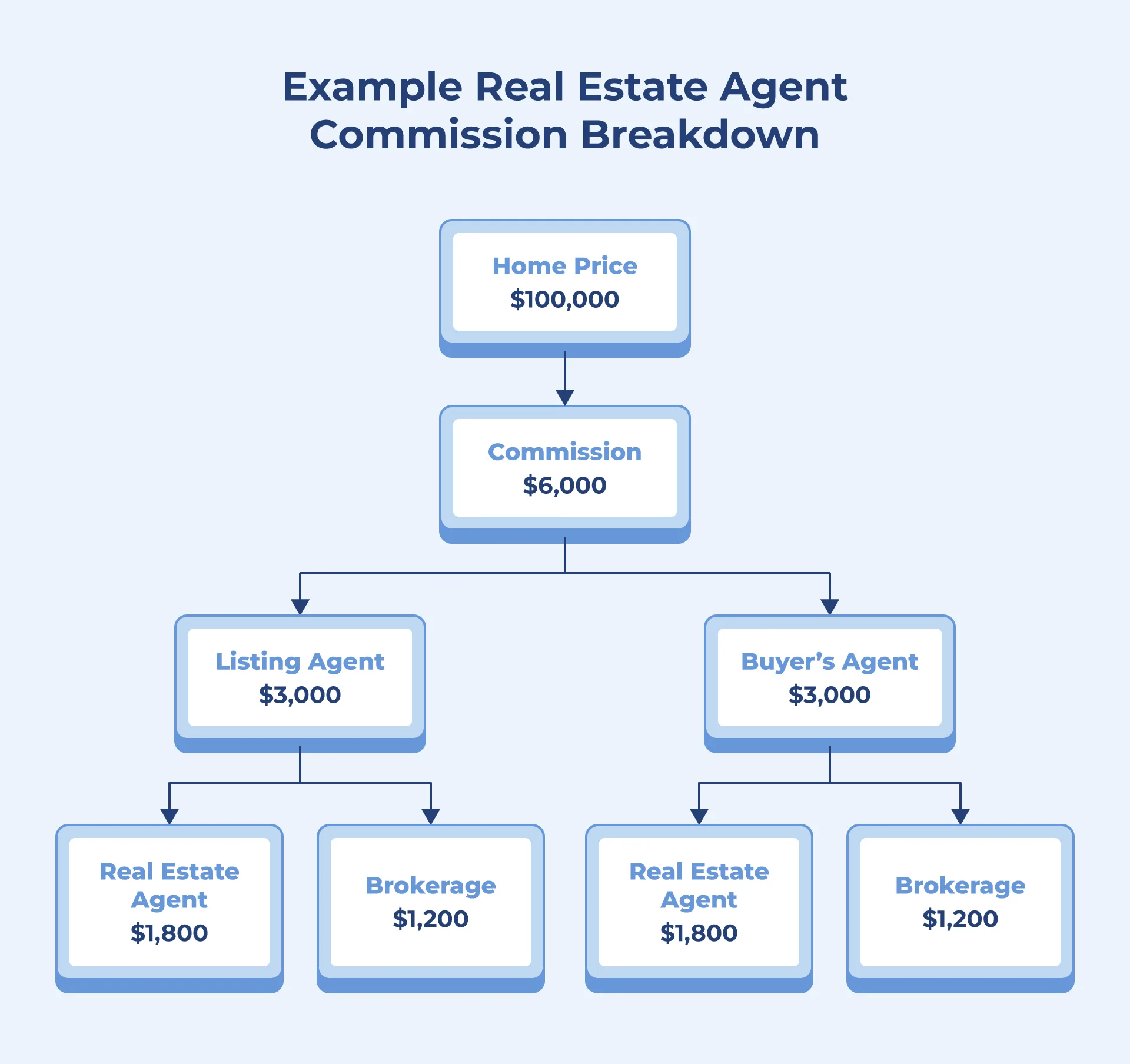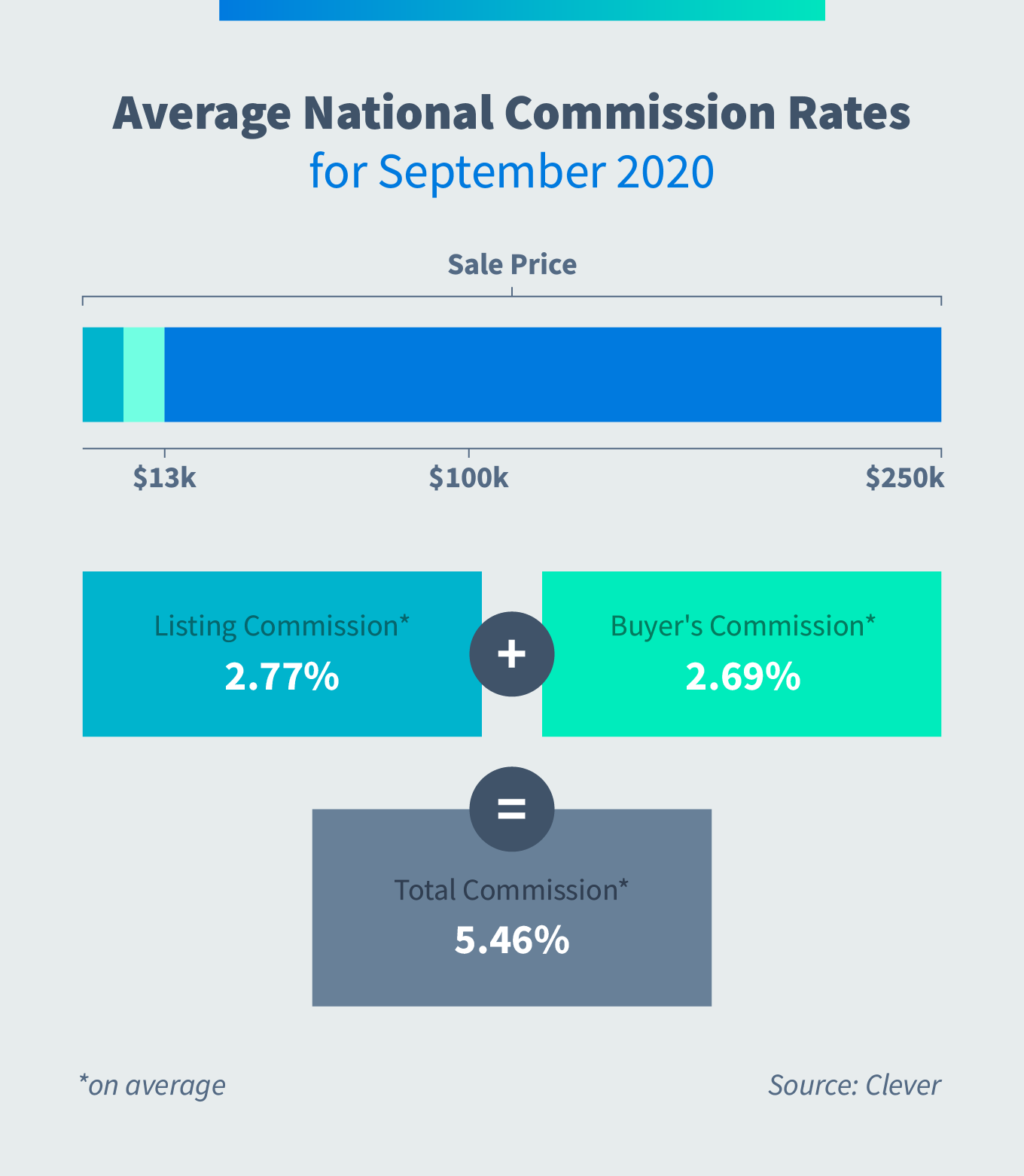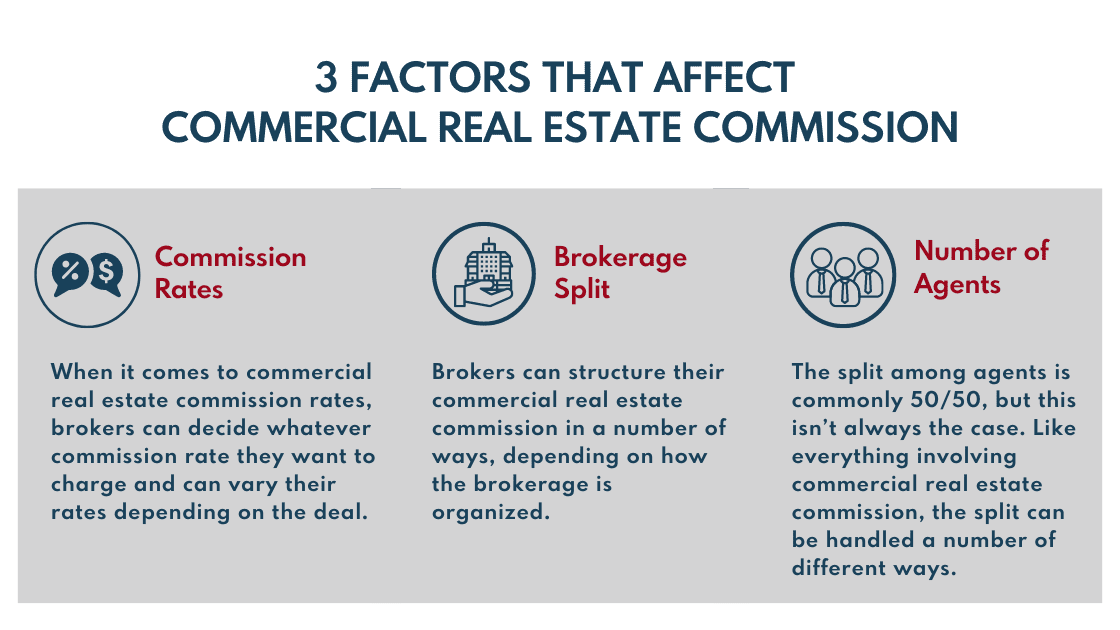Real Estate Commission Litigation Eligible Date Range
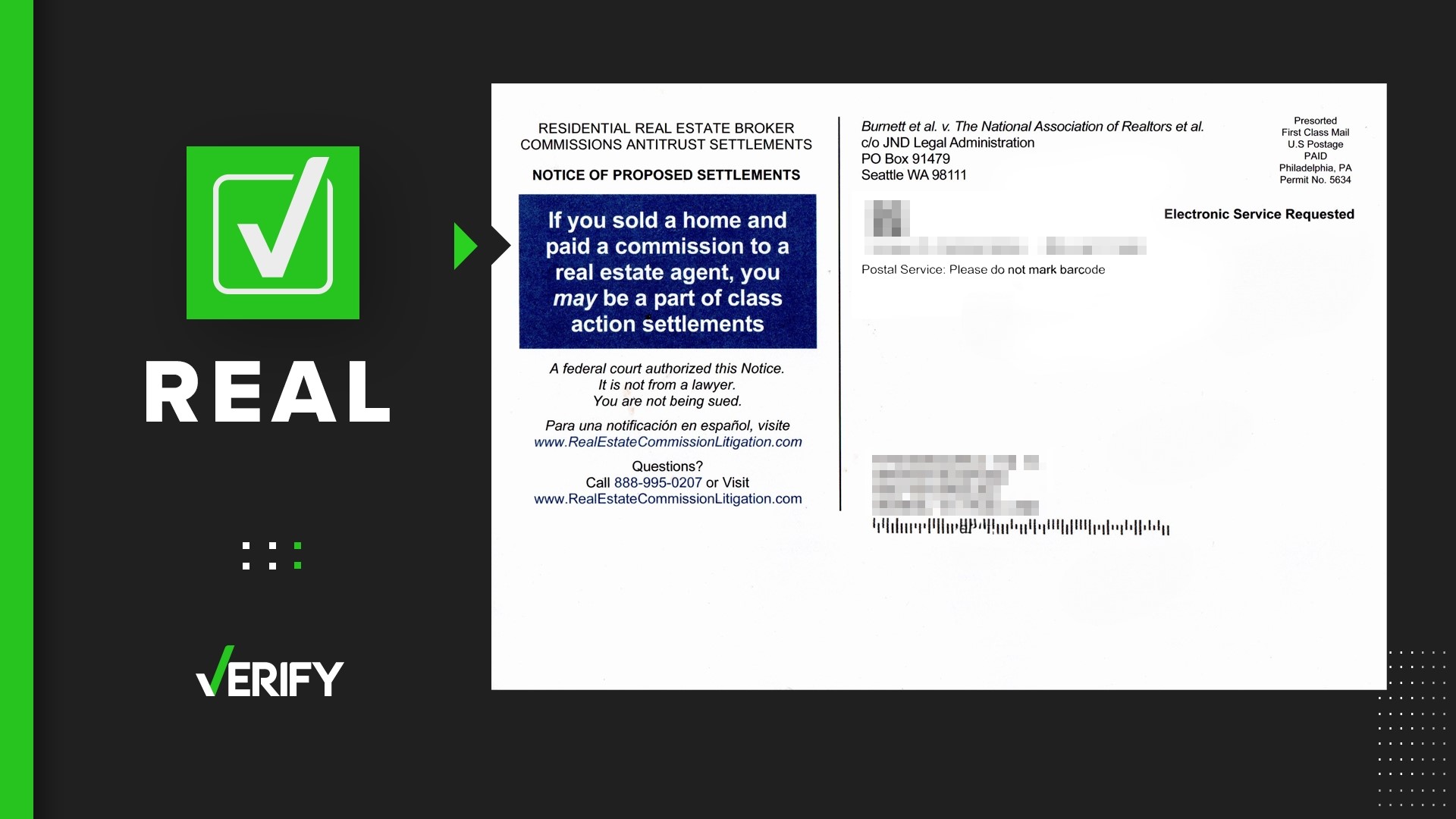
A wave of litigation targeting real estate commission practices has swept across the United States, prompting widespread discussion and uncertainty within the industry. At the heart of these legal challenges lies the question of eligible date ranges for claims, a critical factor determining who can participate in these lawsuits and potentially receive compensation. This article delves into the complexities surrounding the eligible date ranges, examining the key cases, legal arguments, and potential impacts on both homebuyers and real estate professionals.
The eligibility date range in these lawsuits essentially defines the period during which homebuyers must have completed a transaction to be considered part of the class action. This range is not uniform across all cases; instead, it's determined by specific details of each lawsuit and rulings by the presiding judge. Understanding these date ranges is crucial for anyone who has purchased a home in recent years and believes they may have been unfairly impacted by commission structures.
Key Cases and Their Date Ranges
Several landmark cases have significantly shaped the landscape of real estate commission litigation. One of the most prominent is the Sitzer/Burnett case, which initially focused on commission practices within the National Association of Realtors (NAR) network. The ruling in this case has opened the door for numerous copycat lawsuits across the nation.
The Sitzer/Burnett lawsuit, centered in Missouri, established an eligibility period for homebuyers who sold homes listed on specific MLS services between certain dates. While the original verdict did not specify a precise end date applicable to all subsequent cases, it set a precedent for defining liability based on transaction dates.
Other notable cases, such as the Moehrl lawsuit, are progressing through the legal system, each with its own proposed or determined date range. These ranges often depend on the specific Multiple Listing Services (MLS) involved and the alleged period during which anti-competitive practices occurred.
Determining Eligibility: A Complex Process
Identifying whether a homebuyer falls within the eligible date range for a particular lawsuit can be complex. Typically, legal notices are sent to potential class members when a lawsuit is certified, outlining the specific requirements and timeframe for participation. However, relying solely on these notices may not be sufficient.
Homebuyers are advised to consult with legal counsel to determine their eligibility, especially if they believe their transaction may fall within the relevant timeframe. Lawyers specializing in real estate litigation can analyze the specifics of the case and the homebuyer's transaction to provide accurate guidance.
Several factors can influence eligibility, including the MLS used, the location of the property, and the specific commission agreements in place. A detailed review of these factors is essential for determining whether a homebuyer is entitled to participate in the lawsuit.
The Impact on Homebuyers and Real Estate Professionals
The outcome of these lawsuits could have significant implications for both homebuyers and real estate professionals. For homebuyers, the potential for financial recovery is a key motivator for participating in the litigation.
If successful, these lawsuits could lead to changes in how real estate commissions are structured, potentially reducing costs for buyers in the future. Many argue that the current system, where the seller typically pays both the buyer's and seller's agent commission, creates inherent conflicts of interest.
For real estate professionals, the lawsuits raise concerns about potential liability and the need to adapt to evolving industry standards. The industry is facing increased scrutiny regarding transparency and fairness in commission practices.
NAR, the largest real estate trade association, has been actively involved in defending against these lawsuits and advocating for its members. The organization maintains that its policies promote consumer choice and ensure a competitive marketplace.
However, critics argue that NAR's rules have historically limited competition and inflated commission rates. These critics point to the need for greater transparency and the potential for alternative commission models.
Navigating the Legal Landscape
The real estate commission litigation landscape is constantly evolving. New lawsuits are being filed, and existing cases are progressing through various stages of the legal process. Staying informed about these developments is crucial for both homebuyers and real estate professionals.
Homebuyers who believe they may be eligible for compensation should carefully review the details of relevant lawsuits and consult with legal counsel. Real estate professionals need to stay abreast of industry changes and adapt their practices accordingly.
The ultimate impact of these lawsuits remains to be seen, but they have undoubtedly sparked a critical conversation about the future of real estate commissions. This conversation will likely lead to significant changes in the way real estate transactions are conducted in the years to come.
The eligible date ranges are not just dates; they represent the timeframe during which potentially unfair practices may have occurred, and understanding these dates is the first step towards seeking potential redress. It's a complex issue with far-reaching consequences, requiring careful attention and informed decision-making.


